The Spanish sweet potato season is starting in the south, and according to Manuel Ayllón, this year's campaign is marked by an overall reduction in the production. "This season, Hortícola Flora has reduced the acreage devoted to organic sweet potato cultivation by 30%, and we expect to produce between 5,000 and 5,500 tons."
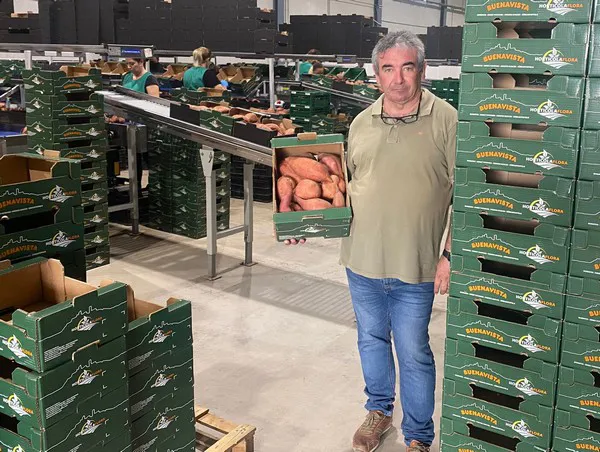
Manuel Ayllón.
"This year's production is being affected by the high increase in production costs, which are up by approximately 25%. Moreover, the production yield is 20% down compared to last year due to the various heat waves that we have suffered throughout the summer, which have not allowed the crop to have the best conditions for development. Also, the harvest has been delayed by more than a month compared to previous years."
"Another determining factor has been the increase in lease prices, as many producers from other provinces, and who work with other kinds of crops, are demanding agricultural land in the area of Cadiz where we are located; the only region that has not had to deal with severe water restrictions during the summer."
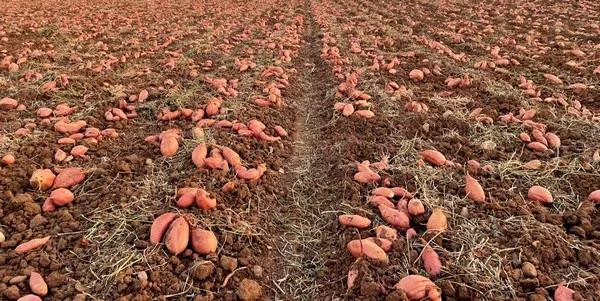
"In the next few weeks, I think that many growers in southern Spain will start offering sweet potatoes, and some countries in Europe will also start with their local productions. All this will result in an increase in the supply, although, in general, producers are highly in tune with the markets, as there are much lower volumes available for this season," said Manuel, "and earlier productions are usually well accepted in terms of prices."
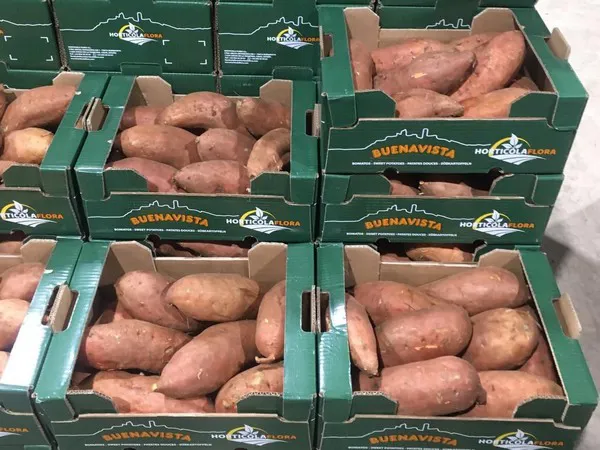
"We are waiting for confirmation on the availability of water to start planting carrots"
Hortícola Flora was founded in 2013 in Arcos de la Frontera by a family of agricultural producers with more than 40 years of experience, which became first involved in organic farming in 2008. The company is currently specialized in this segment, and they cultivate almost 400 hectares certified for organic production. Since 2019, they also have their own facilities to select, wash and pack organic vegetables, implementing quality and food safety protocols such as Global Gap, Grasp, Tesco, IFS and BRC.
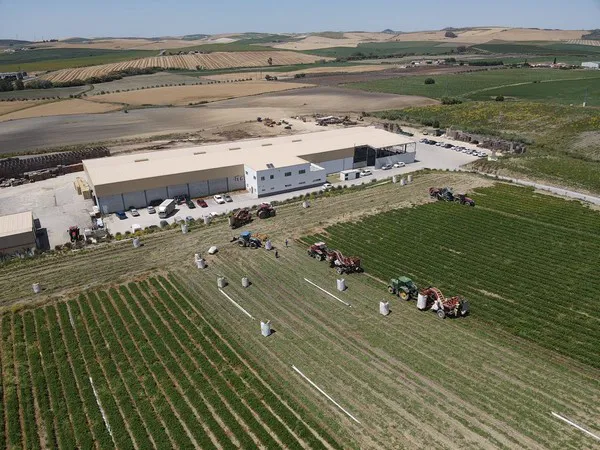
Hortícola Flora will soon have to start planting carrots, another of the company's main products, which, unfortunately, had a "disastrous" season in 2022 in which, according to Manuel Ayllón, it was not even possible to cover the production costs. "We are currently awaiting the news about water restrictions with a bit of uncertainty. The water reserve levels have fallen below 30%, so we believe there will be restrictions, but we have not been informed yet. This is highly inconvenient for us, because we need to start planting in these weeks so the carrots can be harvested at the end of March and beginning of April."
"Our initial idea is to plant about 100 hectares, but first we need to know how much water will be available. The organic carrot market in Spain is quite small. 99% of our production is exported and we have organic carrots especially between the months of February and July, although European countries demand them the most in the months of April, May and June."
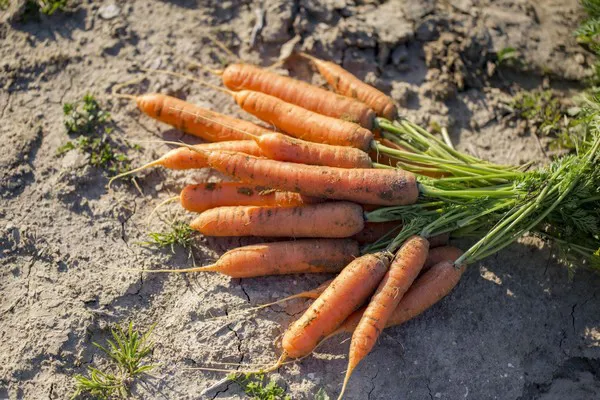
Besides sweet potatoes, carrots and beets are the company's main products. "As for organic sweet potatoes, we work with wholesalers, organic produce distributors and supermarkets, while organic carrots and beets are marketed mainly in bulk for packers in Europe, although we also do confections for some chains."
"In Europe, I believe the hot summer and extremely dry weather have reduced the yields of organic carrot crops quite a bit. Also, energy cost increases will not make it advisable to keep European carrots in cold storage for a long period of time."
"In fact, during the last few weeks, we have received quite a few requests to schedule the planting of organic carrots for a spring 2023 harvest; some of them for mid-March. This is a bit unusual, taking into account that, in 2022, the market started becoming active around early May. We believe we must be cautious and schedule the volumes in as sensible a way as possible. We know that it is very difficult to predict in autumn, during the planting period, what the demand for organic carrots is going to be like in spring."
"We have also received requests for fixed prices, but we cannot fix any price in such a long term without data on production yields, and taking into account the market uncertainty and the increase of costs and inflation."
All of Hortícola Flora's products are grown by companies in Manuel Ayllón's group, who says that, "for us, the key success factor is to integrate all stages of the product value chain, from cultivation, sorting and packaging to the marketing of our vegetables." Furthermore, they are "able to give a quick and clear response to changes in the market or exceptional situations at origin."
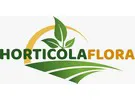 For more information:
For more information:
Hortícola Flora
Carretera Arcos-Antequera A384 – KM1
11630 Arcos de la Frontera, Cadiz, Spain
Manuel Ayllón H.
+34 605 83 04 81
manuel@horticolaflora.com
